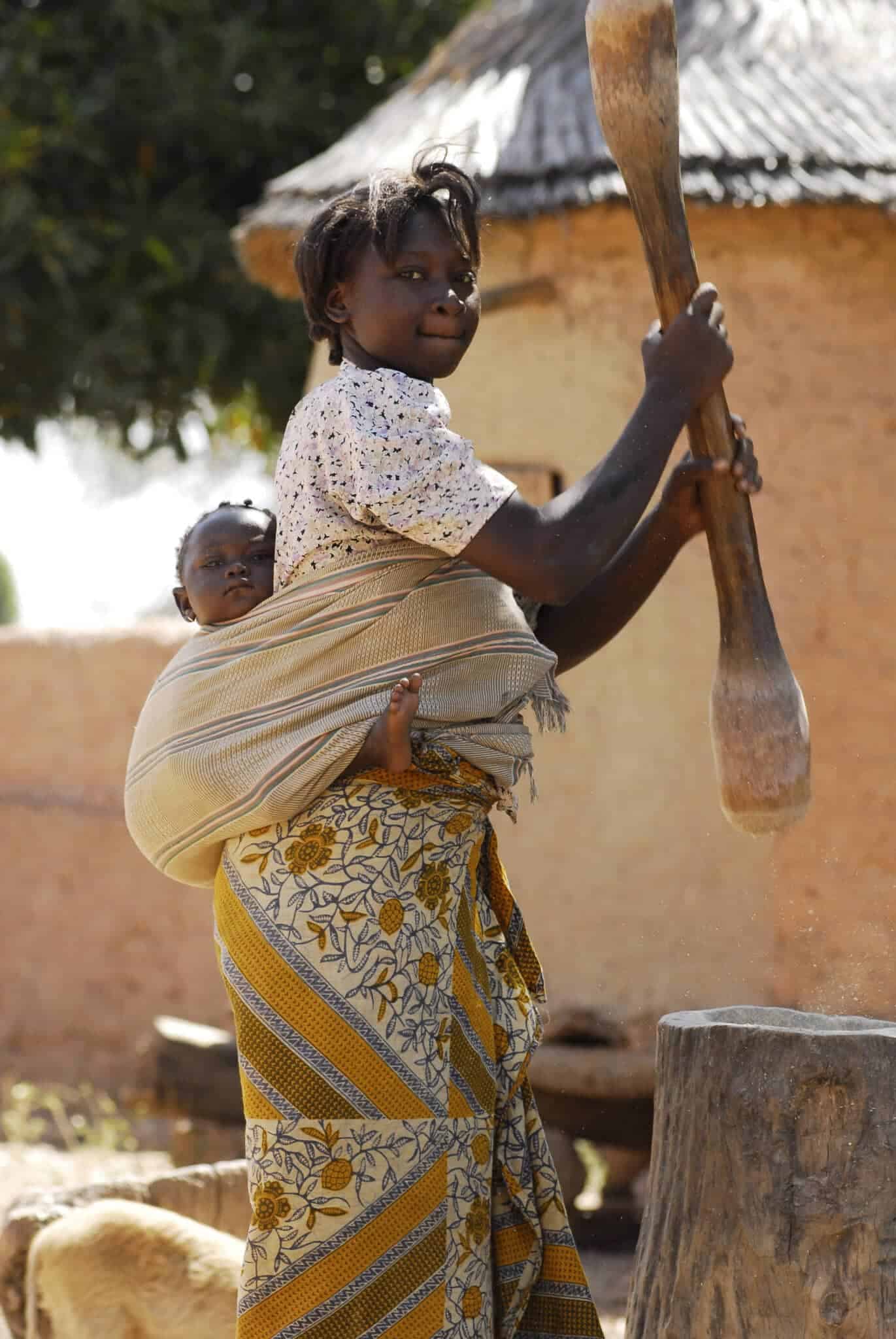Photo credits: A-E THION
Women are the first victims of crises, be they economic, political, security or climatic. On the occasion of International Women's Rights Day, Action Education calls on governments to protect and respect women's rights, starting with their right to participate in all decisions that affect them.
In Afghanistan, following the rise to power of the TalibanIn Burkina Faso, they have been deprived of their basic right to education. In Burkina Faso, about 50 of them were kidnapped last January by terrorist groups, presumably for use as sex slaves. In Ukraine, many of them testify to rape and sexual violence perpetrated by soldiers in the final months of war.... There is no doubt that women are exposed to the worst violence and exploitation during conflicts. But they are also the first victims of all other crises, whatever their nature (economic, political, health, climatic, etc.), and their rights are systematically violated.
With each crisis their rights recede
The COVID-19 pandemic is a flagrant example. From the very first months of containment, anti-violence services and associations in every country in the world, including France, sounded the alarm, warning of the sudden explosion of violence against women. In addition to this violence, the women were the first to lose their jobsThe consequences of this health crisis are far from over, and other economic, political and security disasters have further aggravated the situation of the most vulnerable women. And while the consequences of this health crisis are far from over, other economic, political and security disasters have further aggravated the situation of the most vulnerable women. First and foremost, the sudden rise in food and energy prices has further increased their level of poverty. In the world, women earn, on average, just over 50 % of what men earn and account for almost 70% of the 1.5 billion people living on less than $1 a day. They have the most precarious jobs and often lack access to credit, loans and inheritance. The decline in the purchasing power of families has also led to an increase in early marriages: a married girl is one less mouth to feed and the possibility of obtaining a larger dowry if the girl has all her honour has led to an increase in female genital mutilation.
Does global warming mean loss of rights?

Photo report / Mother and child
Women's vulnerability and dependence on natural resources makes them more vulnerable to climate change. In many areas, especially in rural areas, women play a key role in food production (up to 80%), are responsible for the provision of water and the collection of fuel for cooking and heating, as well as for food security. Thus in the event of drought or floods, they have to travel further to fetch water, ensure that food is available, and tend to work more to secure their livelihoods, leaving less time for training or paid employment.
Victims, condemned to silence?
At the same time, because of the weight of socio-cultural norms and traditions, women's voices are not taken into account. Their ideas even less. Yet women are often in the best position to act effectively and find solutions. In the case of global warming, women have developed over the centuries methods of adaptation and management of natural resources, in particular to collect and conserve water, preserve food or ration it. This is ancestral knowledge that they could share if they were consulted, if they were free to participate in decision-making and if their words were heard.
To ensure that women and girls are no longer victims of crises but actors, Action Education is committed to taking into account their specific needs and priorities in all its development projects. We also ensure that they are able to speak out, express their ideas and make their voices heard by public decision-makers. We call on governments to do the same and to ensure that women's rights, including their active participation in decision-making, are protected and respected.






